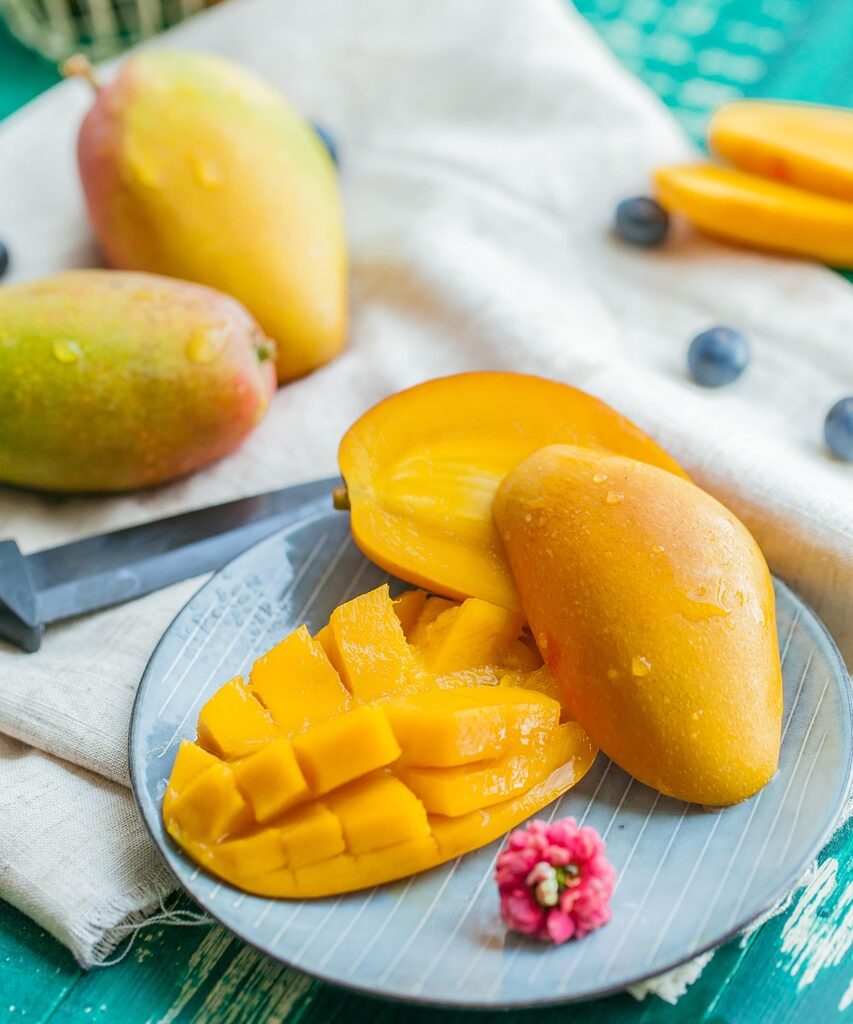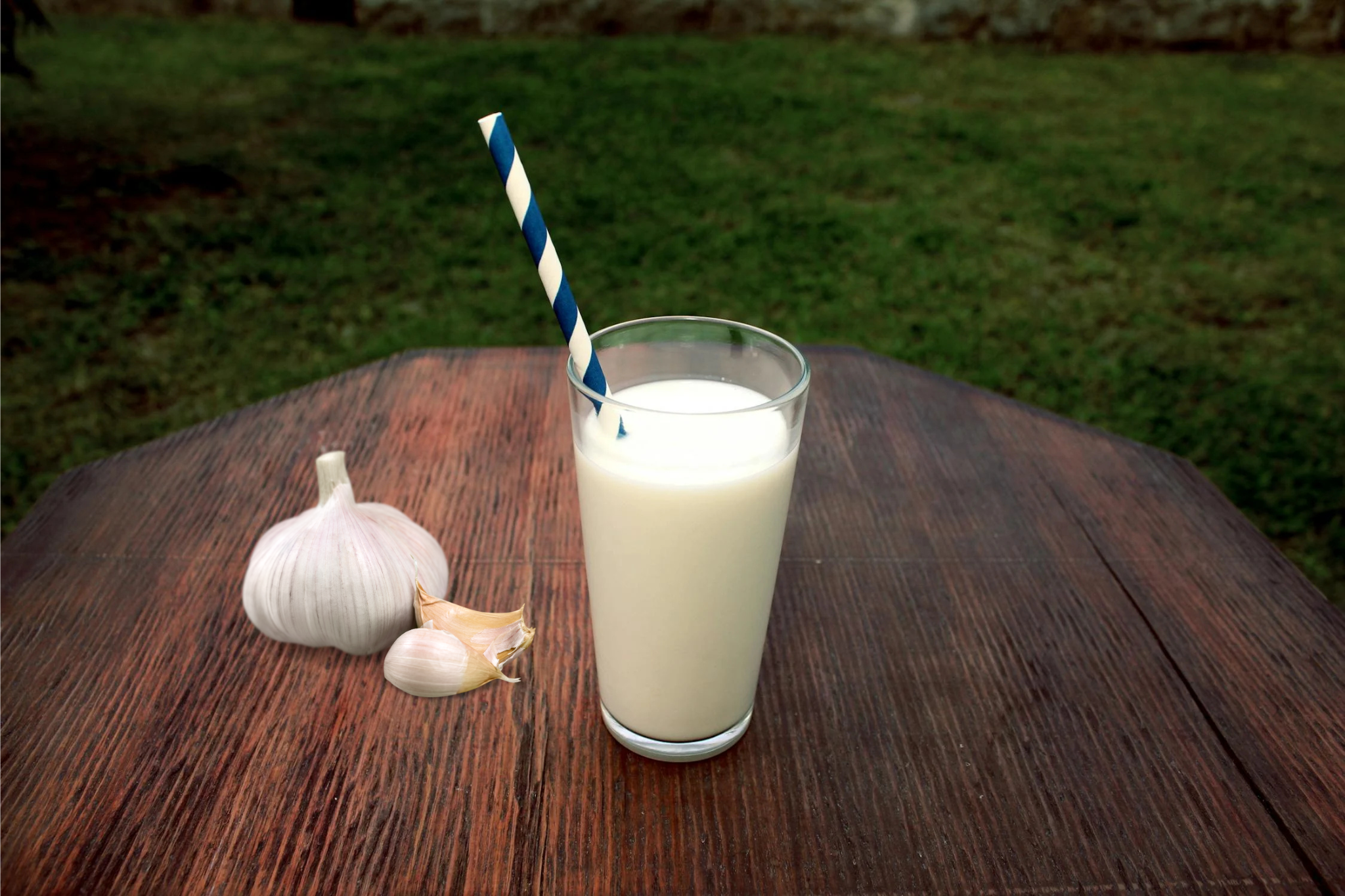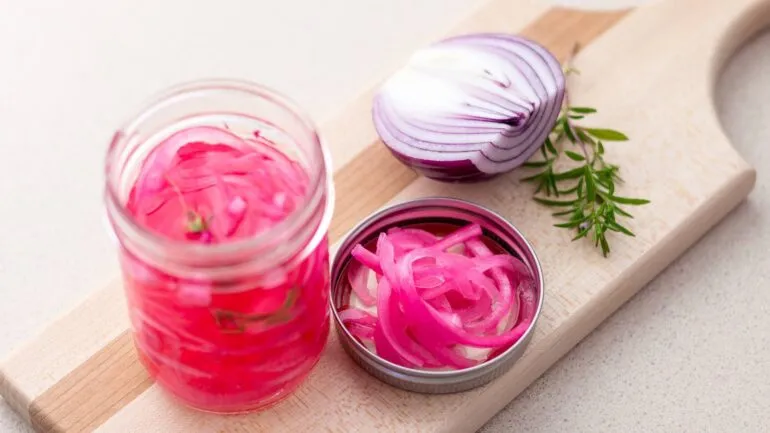If you’re reading this, chances are you’ve had that uneasy, bloated, uncomfortable stomach feeling—maybe gastritis, acid reflux, or just random gastric pain.
You’ve wondered: “Are lemons good for gastric problems?” You’re not alone.
I’ve talked to hundreds of people who swear by lemon water for gut issues—and others who say it made things worse. Let’s unpack this together.
It’s important that you feel heard. Gut problems are frustrating. They interfere with eating, social life, and even sleeping.
So yes, we’ll look at the evidence. I’ll hold your hand through what lemon does for digestion, when it helps, and when you need to skip it.
What Happens When Your Stomach’s Upset?
When your stomach isn’t happy—maybe you’ve got gastritis, excess acid, or slow digestion—it can feel like:
- A constant dull ache or burning in the upper belly.
- Bloating after meals, gas, heaviness.
- A sense of fullness, nausea, or heartburn creeping up.
- Mealtime turns from pleasure to worry.
Why? Because your digestive tract is out of balance: too much acid (or too little), slower movement of food, irritation of the stomach lining or oesophagus.
When that happens, many people turn to home remedies. Lemon is one of the most popular.
The Surprising Ways Lemons Can Help Gastric Issues
Yes, despite the sourness, lemons might support your digestion—if used wisely. Here’s how:
1. Stimulates digestive juices
Lemon juice has citric acid. That acid may trigger your stomach to secrete more gastric juice, which helps break down food.
One study found that lemon juice led to increased gastric acid excretion. If your digestion feels sluggish, this boost may help you feel lighter after meals.
2. Encourages hydration (and that matters)
Often, what we call “gastric upset” is partly because we didn’t drink enough fluids.
Lemons make water more appealing—and when you drink water, your gut moves, your bile flows, your food gets processed.
3. Supports digestive comfort
Some folk with mild gastric discomfort report that a warm glass of diluted lemon water in the morning “wakes up” their stomach gently.
Ayurvedic sources mention that warm lemon tea may relax the gut and aid smoother movement.
4. May help produce a healthy gut environment
Lemons contain polyphenols (plant compounds) that feed good gut bacteria.
While the evidence is limited, there are hints that citrus might shift your gut microbiome slightly.
Also Read: Home Remedies for Stomach Infection – A Nutritionist’s Guide
⚠️ Important Caution: When Lemons Might Make Things Worse?
Because this isn’t one-size-fits-all. If you have any of these, be careful:
- If you have acid reflux (GERD) or flaming heartburn, lemons may irritate the oesophagus. In fact, experts often advise against citrus when reflux is active.
- Having a gastric ulcer or a very sensitive stomach lining? The acidity might sting.
- Overdoing it—multiple glasses of lemon water all day—can erode tooth enamel, mess with your stomach lining, or cause bloating.
How to Use Lemons for Gastric Relief—Practical Steps?
Let’s get practical. If you want to try lemons safely, here’s how:
1. Prepare the drink:
- Squeeze half a fresh lemon into a glass (250 ml) of lukewarm (not hot) water.
- Add a pinch of salt if you like.
- Drink via a straw (to protect your teeth) and rinse your mouth afterward.
2. Timing:
- Best time: ~20 minutes before your first meal. Why? It helps prime digestion. Some sources advise avoiding an empty stomach if you have reflux.
- Limit to once daily when you’re starting. Gauge how your stomach reacts.
3. Food pairings & combinations:
- Avoid combining lemon water with large, heavy meals or ultra‑spicy foods immediately. Let your stomach be calm.
- Pair with a light breakfast, or with foods known to soothe the stomach (oats, banana).
- If you add honey, keep it to a minimum—excess sugar can mess with your gut.
- For gastritis, consider lemon in tea form: a slice of lemon in warm water + chamomile or ginger. That’s gentler.
4. Monitor your response:
- After 1‑2 days, ask: Did you feel less bloated? Did you feel okay? Did heartburn kick in?
- If you notice burning, nausea, or flare‑up of symptoms—stop. Your body is telling you lemon is not for you.
Real‑Life Story: When Lemons Helped? (and When They Didn’t)
Let me share a short story. I had a client, “Anita”, age 34. She had recurring stomach bloating and mild gastritis.
We started with warm lemon water before breakfast. Within a week, she said, “I feel less heavy … breakfast doesn’t haunt me.” Good sign.
Then she went overboard—3 glasses a day, every hour. Her enamel became sensitive, and she had minor heartburn.
We scaled back to one glass in the morning only. She improved over a month. Why? Because moderation + context = success.
On the flip side, I’ve heard from folks in reflux communities that lemon triggers their symptoms badly. One person wrote:
“I did a good squeeze … but now and then it makes me nauseous.” Reddit
Lesson: what works for some may hurt others. Always listen to your gut (literally).
Best Timing + Dosage + What to Avoid
Dosage:
- Start with ½ lemon + 250 ml warm water.
- Upper limit: 1 lemon per day. More may cause problems.
- Use straw + rinse afterwards.
Timing:
- In the morning, before food, it’s fine if you don’t have reflux.
- If you do have reflux, drink with food or switch to gentler herb tea with a lemon slice.
What to avoid:
- Don’t drink lemon juice undiluted.
- Avoid adding too much sugar—it defeats the purpose.
- Avoid very hot lemon water (which may irritate). Lukewarm or room temperature is better.
- Avoid lemon water right before large, heavy meals if your stomach is sensitive.
When Not To Rely On Lemons? (And See Your Doctor)
While lemons may help, they’re not a cure‑all. You should see a healthcare provider if you have:
- Persistent or severe pain in the stomach, upper abdomen
- Frequent vomiting or bleeding
- Diagnosed ulcers or GERD flare‑ups not improving
- Unexplained weight loss, anemia, or other red‑flag symptoms
In those cases, lemon may be a supportive tool, but not the main treatment. Your doctor or gastro‑specialist holds the standard plan.
Quick links:
- Mint Water Benefits You Need Every Day In Summer
- Garlic Milk Benefits: A Simple Guide To Its Benefits and How to Make It?
Conclusion – Your Take‑Away
Okay, friend—here’s the nutshell: Are lemons good for gastric problems? Yes… with caveats.
They can soothe, support, hydrate, and aid digestion. But they’re not magic. And if your stomach is already irritated, they may make things worse.
Here’s what I suggest: try it gently. Start small. See how your stomach responds. Use lemon water as one tool in your digestive wellness toolbox—alongside good food, stress‑management, sleep, and maybe a chat with a pro.
If you ask me: for many people with mild gastric discomfort (bloating, slow digestion) lemons are worth a try. For folks with active reflux or ulcers, proceed cautiously or skip it: your gut, your rules.
You’ve got this. One small habit change may make a big difference. And if you’d like personalized guidance—well, I’d be happy to help you through it.
FAQ
Can lemon water cure gastritis?
No. It may help symptoms for some, but it cannot replace medical treatment for gastritis.
Will lemon water worsen my acid reflux?
Yes—it can. Especially on an empty stomach or if you drink it undiluted. Start slowly and watch how you feel.
How many lemons a day are safe?
For digestion support: one lemon (½‑1) in a glass of water once a day is sufficient. More may raise risks.
What’s the best time to drink lemon water for gastric comfort?
About 20 minutes before a light breakfast works for many. For reflux issues, drink during or after a meal instead.
Are there better alternatives if lemon doesn’t suit me?
Yes. Warm water with ginger, mint tea, or even a slice of cucumber + water can support your digestion without citrus acidity.
Stay kind to your stomach. You’re doing better just by seeking clarity. 🍋









